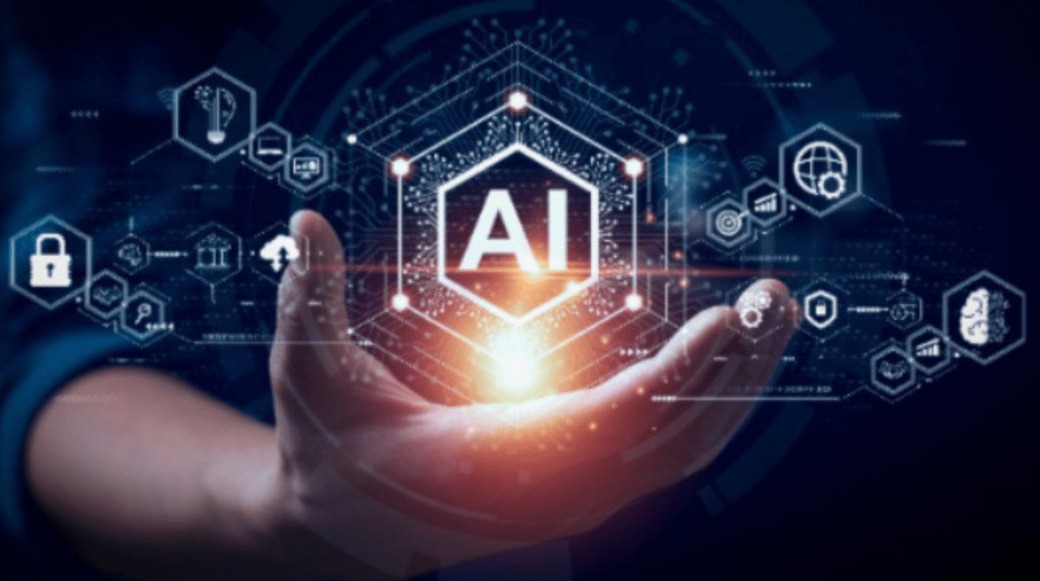




Business
Author: Cashflow-Brasil - Created: 04/04/2025 - 04:33 PM - Revision: 06/008/2025 - 08:20 PM
Artificial Intelligence (AI) isn’t just a buzzword—it’s the brainchild of decades of research, once the stuff of science fiction, now embedded in everyday life and business strategy. From personalized product recommendations to predictive maintenance in factories, AI has stormed the gates of commerce with silent precision and transformative power.

In essence, AI refers to systems that simulate human intelligence—learning, reasoning, adapting, and even creating. With branches like machine learning, natural language processing, and computer vision, AI enables machines to make decisions and solve problems without explicit programming for every scenario.
Think of AI as a tireless analyst—processing mountains of data to uncover patterns humans might miss. This superpower is redefining decision-making, customer engagement, and even core business models.
With AI, companies are shifting from gut-based decisions to algorithm-backed strategies. Tools like predictive analytics and anomaly detection help businesses stay one step ahead—spotting trends, avoiding risks, and seizing opportunities with uncanny accuracy.
From invoice processing to HR onboarding, AI-powered automation slashes costs and liberates employees from mundane tasks. This isn’t about replacing people—it’s about enhancing human productivity and allowing talent to focus on what truly matters: creativity, strategy, and innovation.
AI elevates the customer journey to new heights. Chatbots offer 24/7 assistance, while recommendation engines deliver personalized experiences that build loyalty. It’s not magic—it’s smart data, delivered in real time.
Modern CFOs and analysts now wield AI tools to project earnings, monitor cash flow, and detect fraudulent transactions. These capabilities are redefining financial strategy and reducing exposure to market volatility.
But it’s not all smooth sailing. Businesses must navigate issues like bias in algorithms, data privacy, and the ethical use of artificial intelligence. Trust, transparency, and regulation are vital to ensuring that AI serves humanity—not the other way around.
In tomorrow’s business world, AI won’t be just a tool—it’ll be a collaborator. Expect AI to drive innovation cycles, co-create products, and even guide corporate values. The companies that thrive will be those who embrace AI not as a threat, but as a catalyst.
From transforming supply chains to revolutionizing how we understand customers, AI is the silent force shaping the next generation of business. It learns, evolves, and adapts—just like the companies that harness its power. The future isn’t coming—it’s already here, encoded in lines of logic and driven by the relentless pulse of artificial intelligence.